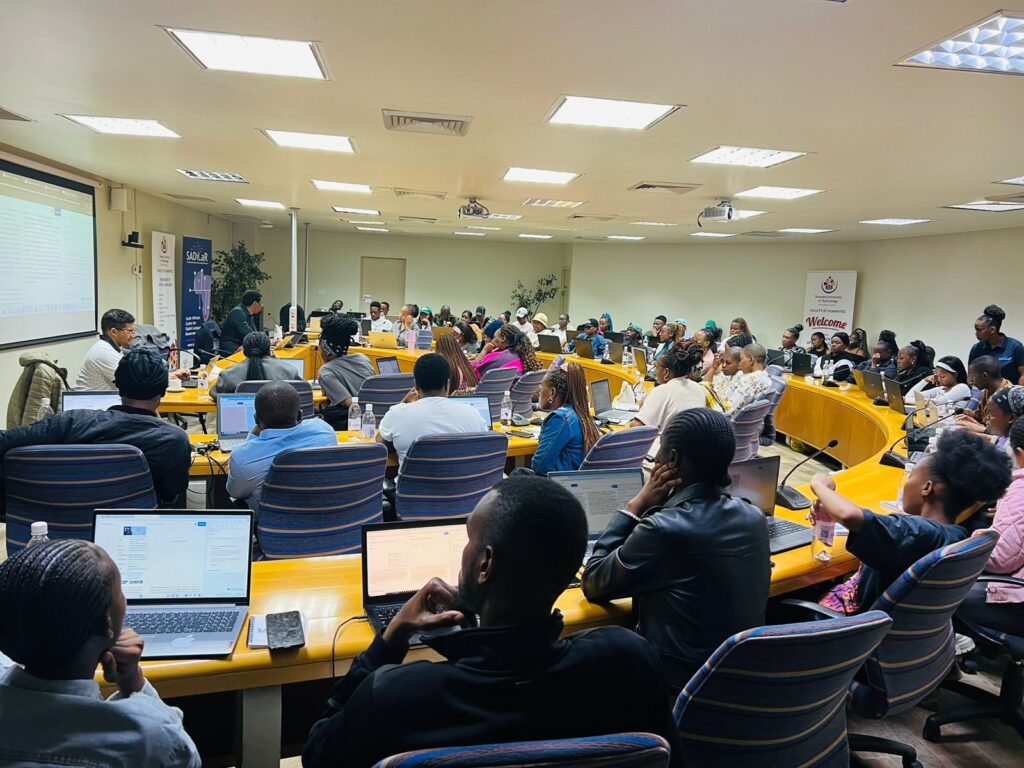3 September 2024


In a remarkable display of commitment to linguistic diversity, nearly 180 third-year Language Practice students at Tshwane University of Technology (TUT) participated in a groundbreaking six-day workshop. The South African Centre for Digital Language Resources (SADiLaR), in collaboration with Wikipedia and the Pan South African Language Board (PanSALB), conducted this innovative event as part of the students’ Work Integrated Learning (WIL) programme. The workshop, which took place from 26 to 31 August 2024 at TUT’s Soshanguve South Campus, focused on the SWiP Project, aimed at preserving and promoting South Africa’s indigenous languages in the digital sphere.
The results of the workshop were nothing short of impressive. In less than a week, 163 students registered as Wikipedia editors and created over 261 new articles across various topics. Their contributions amounted to a staggering 95 400 words and included 649 references, spanning six African languages: Afrikaans, isiZulu, Sepedi, Setswana, Tshivenda, and Xitsonga. This initiative not only enriched the corpus of African indigenous languages online but also equipped students with valuable skills in digital content creation and editing.
The success of this workshop aligns perfectly with TUT’s mission and the Department of Applied Languages’ objectives. Dr Tebogo J Rakgogo, Head of the Applied Languages Department, emphasised the timeliness of this initiative, coinciding with South Africa’s commemoration of 30 Years of Democracy. He highlighted the importance of contributing to scientific knowledge in official languages as a vital part of constitutional democracy. Furthermore, Prof Mashupye H Maserumule, Executive Dean of the Faculty of Humanities, underscored the workshop’s alignment with the decoloniality project and its role in achieving linguistic justice.
Looking to the future, TUT is poised to build on this success. The Department of Applied Languages is developing an independent module focused on digital humanities, with plans to integrate similar initiatives into the curriculum. This forward-thinking approach promises to enhance students’ future careers as language practitioners and their ability to contribute to digital humanities. With the continued support of strategic partners like SADiLaR, Wikipedia, and PanSALB, TUT is set to play a crucial role in the preservation and promotion of South Africa’s linguistic heritage in the digital age, fostering a new generation of passionate and skilled language practitioners.
(Written by: Jessica Mabaso & Dr Tebogo J Rakgogo)
